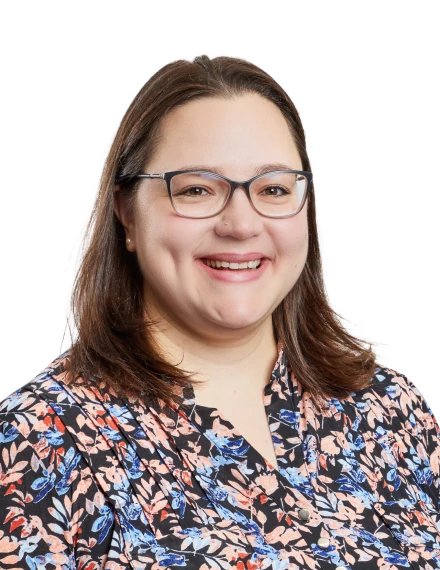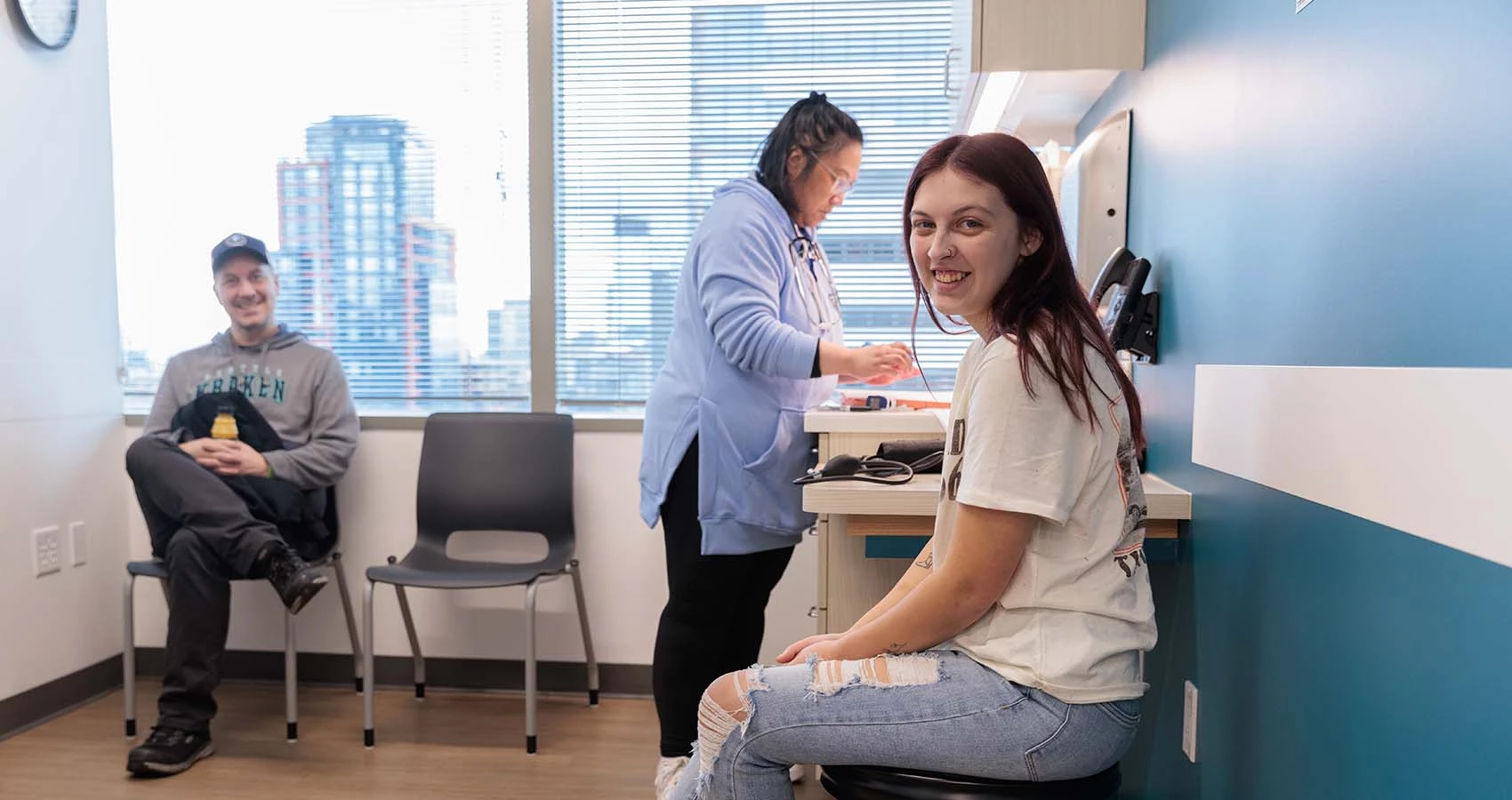Conditions We Treat
Our hematologists specialize in diagnosing and treating a variety of bleeding disorders, including:

At the Washington Center for Bleeding Disorders (WACBD), we offer a full range of clinical services to help you find the right care and support you need. From diagnosis to ongoing treatment, our bleeding disorder doctors and expert support staff are here to help.
Our hematologists specialize in diagnosing and treating a variety of bleeding disorders, including:
Hemophilia is an inherited bleeding disorder that may be passed from parent to child. People with hemophilia A are missing or have reduced clotting factor VIII (8). People with hemophilia B are missing or have reduced clotting factor IX (9). These clotting factors are proteins in the blood that help blood clot and stop bleeding.
Von Willebrand disease is the most common inherited bleeding disorder. People with von Willebrand Disease may have low levels of von Willebrand factor (VWF), may have VWF that doesn’t work properly, or may be missing VWF altogether. VWF is a protein in the blood that is needed for building a strong platelet plug and protect clotting factor VIII (8), important steps in the clotting process.
Platelets are tiny blood cells required to form the clots that stop bleeding. While it is rare, people can inherit platelet disorders that lead to excessive bleeding. Some of these disorders are Glanzmann's thrombasthenia and Bernard-Soulier syndrome.
Fibrinogen (also known as clotting factor I) and other clotting proteins are needed to produce a fibrin-based clot that stops bleeding. Deficiencies or poor function of these proteins can result in a bleeding disorder.
WACBD is at the forefront of diagnosing and treating rare bleeding disorders, including fibrinogen disorders. Our hematologists utilize advanced testing methods to identify these conditions and develop targeted treatment plans.
Sometimes, people develop bleeding disorders later in life, like acquired hemophilia or acquired von Willebrand Syndrome. These disorders are not passed from parent to child; they can arise when an individual’s immune system develops antibodies that inhibit crucial clotting factors. Early diagnosis and treatment can improve outcomes for these potentially life-threatening disorders.
15-30% of women with heavy menstrual bleeding may have an undiagnosed bleeding disorder. Our Women's Health Initiative focuses on identifying and treating bleeding disorders in women. We provide comprehensive evaluations for those experiencing heavy menstrual bleeding, excessive bleeding during childbirth, or unexplained bleeding episodes.

At WACBD, we offer a comprehensive range of services to ensure the best possible care for our patients:


To schedule an appointment with your care team, please call us directly at (206) 614-1200. New patients can also email or fill out the contact form on our Contact page to request an appointment. We're here to help make the process as smooth as possible.
Our clinical team is made up of trained hematology providers, master-level nurses and social workers, and highly specialized physical therapists.

Hematologist | Assistant Professor of Hematology

Scientific Director, Hematologist

Physical Therapy and Musculoskeletal Ultrasound Program Manager

Genetic Counselor

Licensed Social Worker

Hematologist

Clinical Social Worker

Hematologist

Adult Bleeding Disorder Nurse Specialist, Clinical Nurse Manager

Nurse Practitioner

Hematologist

Administrative Support Specialist

Physical Therapist

Hematologist

Adult Bleeding Disorder Nurse Specialist

Physical Therapist

Executive and Medical Director | Physician | Secretary, Board of Directors

Medical Assistant and Clinical Research Coordinator

If you're experiencing a medical emergency, please dial 911.
For urgent bleeding concerns, we're here for you 24/7/365. Please call us at: (206) 614-1200
